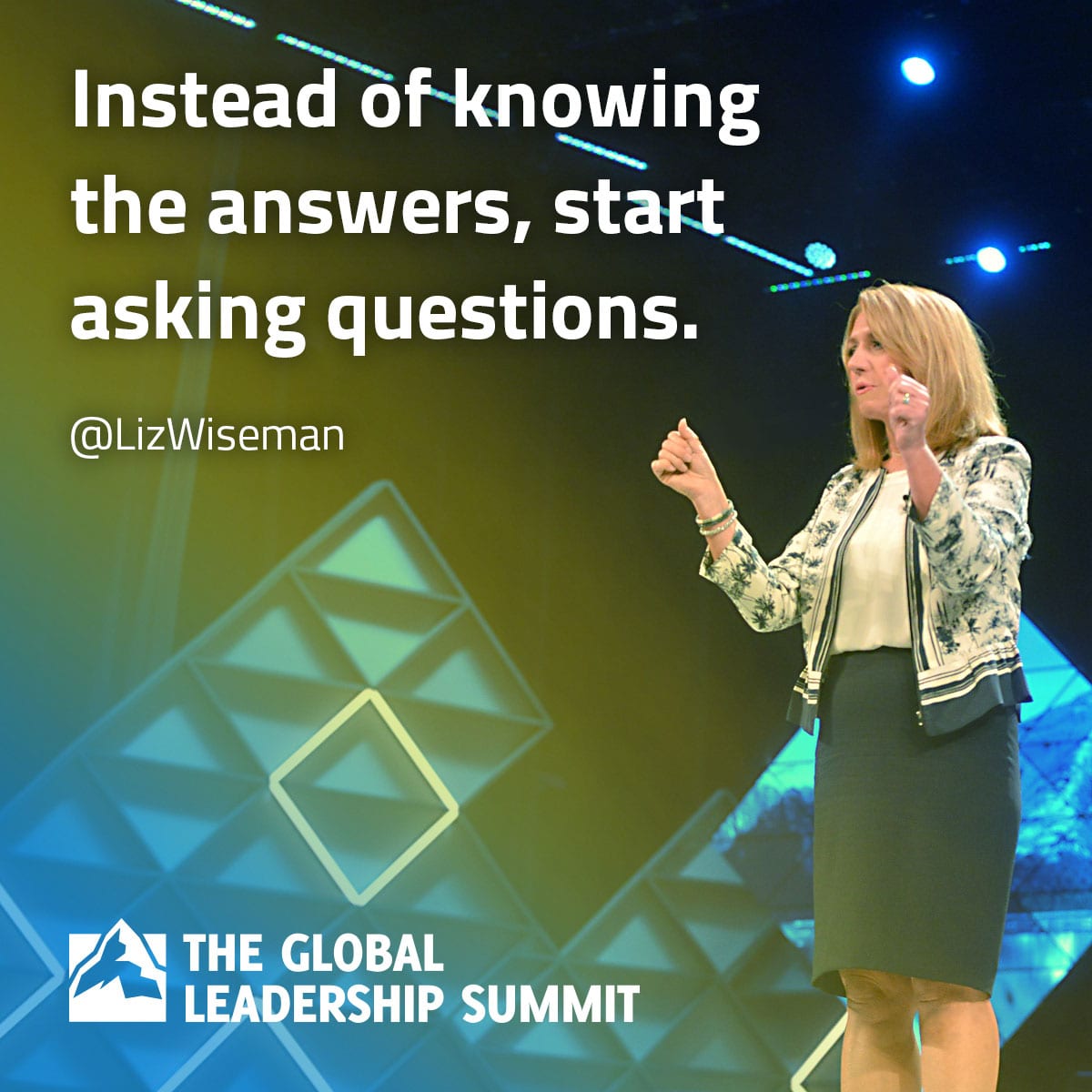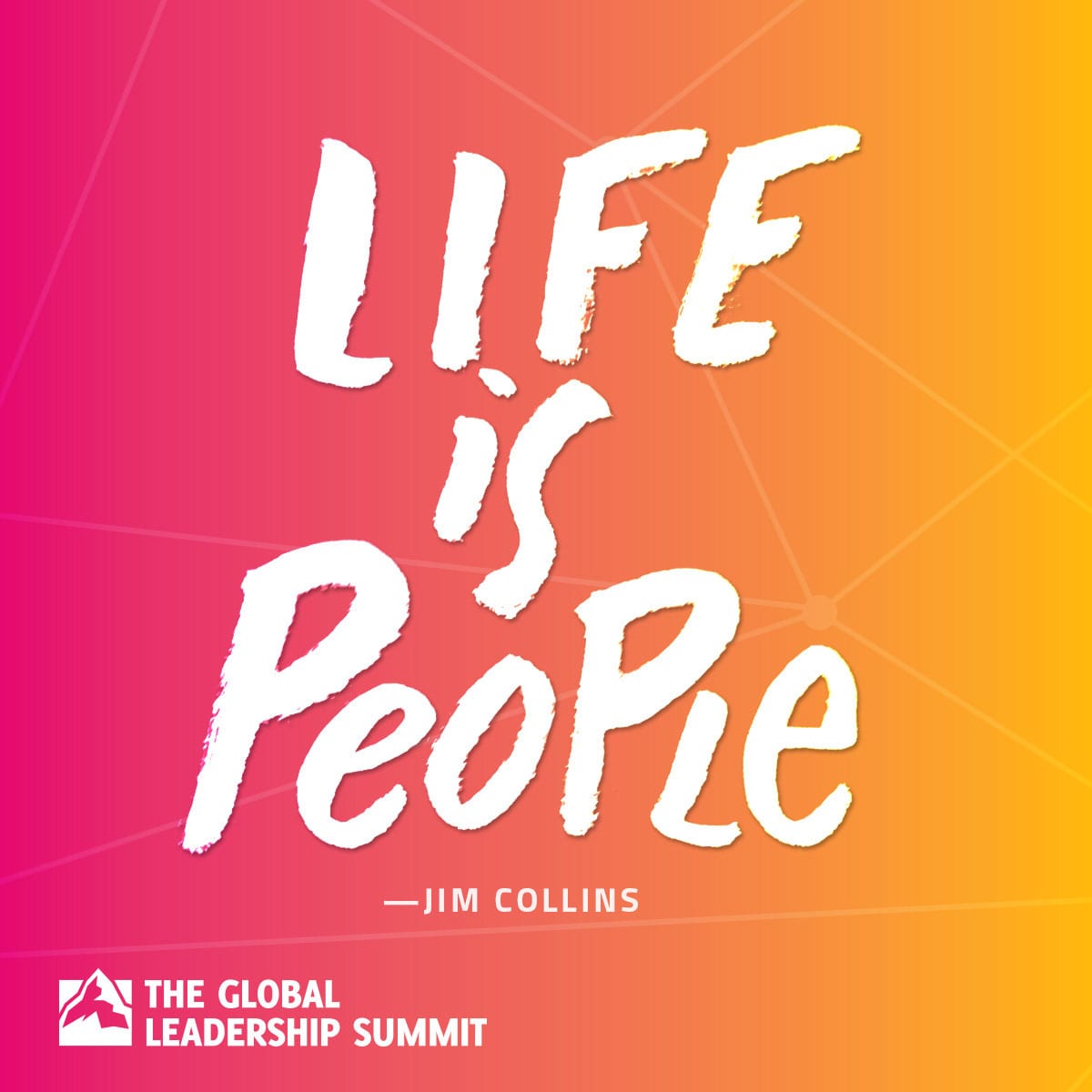
In this post, Summit Satellite Manager Rhonda Jenkins shares the “White Hot Why” story behind Colossians 3:12-15, the GLS team’s anchoring Scripture for 2016.
Since God chose you to be the holy people he loves, you must clothe yourselves in tender-hearted mercy, kindness, humility, gentleness and patience. Make allowance for each other’s faults, and forgive anyone who offends you. Remember, the Lord forgave you, so you must forgive others. Above all, clothe yourselves with love, which binds us all together in perfect harmony. And let the peace that comes from Christ rule in your hearts. For as members of one body you are called to live in peace. And always be thankful. Colossians 3:12-15
https://www.youtube.com/watch?v=7O16HcWWuSU
If you would have asked me five years ago, “Rhonda, what is the most important thing you need to do to train the host site operations leaders to have an excellent Summit at their site?” I would have answered simply “to eliminate all unnecessary distractions. Eliminate anything that might compete for the guests’ attention. Clear the path for God to work in the lives of our guests.”
That’s what operational people do, right? We eliminate distractions. We plan and prepare for months to ensure our facilities look their best, our volunteers are friendly, knowledgeable servants and we have all the materials and refreshments our guests will need to ensure they are not distracted by clutter, unhappy, confused faces or hungry minds and tummies. And if I’m really honest, we want the lack of distraction to cause guests to rate operations at our sites 5.0 on a 1-5 scale because, after all, that means our mission becomes measurable.
Recently however, God has been doing a little operational work within me to remove some distractions that have been creeping into my Summit-planning seasons. What has surfaced is what I’ve determined to be my “White Hot Why” – cultivate the hunger in leaders’ souls!
Four years ago, I introduced a Summit Scripture passage for the satellite operations team—in order to center this team on what really matters, and to let God remove distractions that clutter our souls. This Scripture became the foundation for our team’s work and a binding agent to our grander vision to maximize our collective kingdom impact. It became so meaningful for our team that others joined in: senior pastors, promotional strategists, production teams, the WCA staff, onsite Summit team and international GLS teams. Even our WCA Board of Directors was invited and encouraged to memorize our 2016 Summit Scripture!
We’ve recently completed three events for host site team leaders and introduced this passage as our anchoring Scripture for Summit 2016. At the last training, 150 first and second year event managers experienced a 90-minute session around the Colossians verse. We explored how, as “the doers” on the team, we can cultivate our souls for the operational work within that God wants to do. As these new event managers saw the connection between their role, this Scripture, and God’s work at the Summit, I was affirmed about this “White Hot Why.” These leaders are hungry and this session cultivated their souls!
 Building on the “clothe yourselves” image in this passage, we invited our “doers” to consider a word or phrase God was inviting them to internalize from this passage and write it onto a piece of colored fabric. Then we commissioned each one by exchanging their fabric piece with a leather bracelet speaking the words “Since God chose you . . .” We closed this session with a spoken word video that sealed each of our commitments to clothe ourselves as we plan and prepare for the Summit.
Building on the “clothe yourselves” image in this passage, we invited our “doers” to consider a word or phrase God was inviting them to internalize from this passage and write it onto a piece of colored fabric. Then we commissioned each one by exchanging their fabric piece with a leather bracelet speaking the words “Since God chose you . . .” We closed this session with a spoken word video that sealed each of our commitments to clothe ourselves as we plan and prepare for the Summit.
Would you consider joining our global Summit teams in memorizing Colossians 3:12-15?
Read it aloud to yourself two or three times a day for 30 consecutive days and see how easy it is to remember each time you read it. Include it in your daily devotions. Replay the Scripture video for inspiration.
By joining in this Scripture journey with us, you can expect God to use it to transform you from within and as a result transform the people you lead and influence every day.












Recent Comments